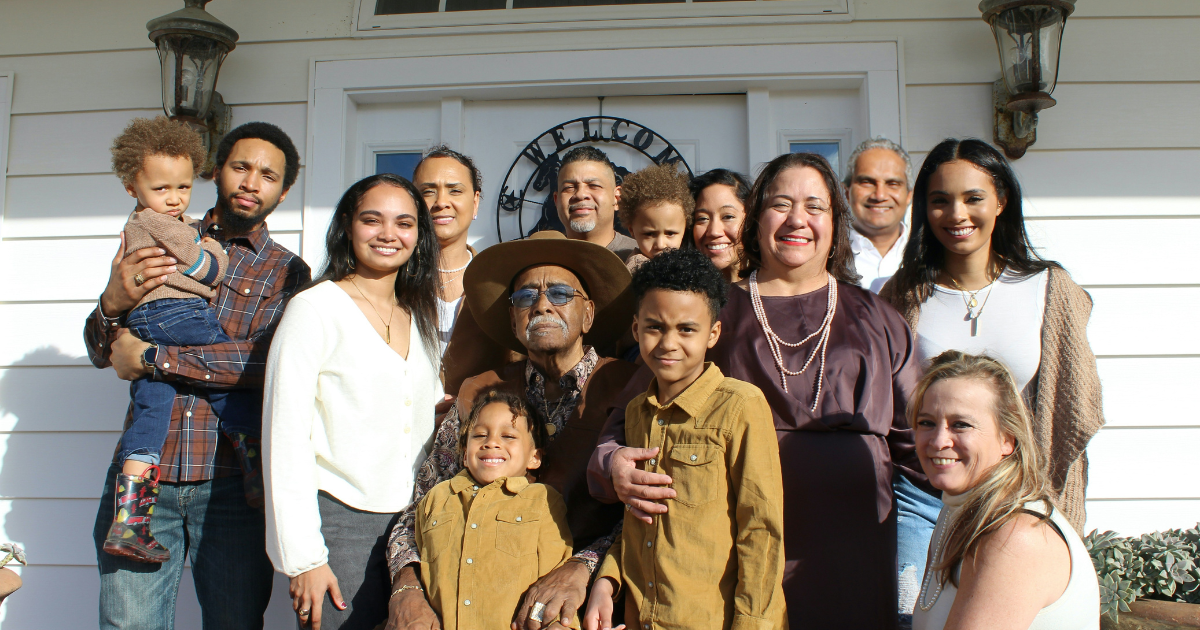Self-Care and Mental Health Resources for Divorced Dads
Divorce is hard for everyone, but for many dads, it comes with a unique set of emotional challenges. The transition from being a married father to a single dad can be overwhelming—juggling work, financial responsibilities, co-parenting, and sometimes even custody battles. Amidst all these changes, self-care and mental health can often fall by the wayside. Yet, they are critical for maintaining balance and well-being.
In this blog post, we’ll explore self-care strategies and mental health resources tailored explicitly for divorced dads, offering practical advice on how to stay grounded and healthy through one of life’s most difficult transitions.
Why Self-Care is Essential for Divorced Dads
Self-care isn’t a luxury—it’s a necessity. Divorce is often a time of high stress, anxiety, and even depression, especially for men who may feel societal pressure to be emotionally stoic. It’s important to recognize that self-care allows you to recharge and be the best father, professional, and individual you can be. By focusing on your well-being, you’re also better equipped to support your children through their emotional journey.
Common Mental Health Challenges for Divorced Dads
- Stress and Anxiety: Financial pressures, legal proceedings, and co-parenting struggles can lead to chronic stress and anxiety.
- Depression: The end of a relationship can bring feelings of loss, failure, or guilt, contributing to depression.
- Loneliness: After separation, many dads may feel isolated from their children or support networks.
- Identity Crisis: Divorced dads often struggle with their new identity—balancing work, fatherhood, and personal well-being can be daunting.
Practical Self-Care Tips for Divorced Dads
Taking care of your mental and physical health doesn’t have to be complicated. Here are some simple, actionable steps divorced dads can take to manage their well-being:
- Prioritize Physical Health: Maintaining physical health has a direct impact on mental well-being. Exercise can help reduce stress, improve sleep, and boost your mood. Consider incorporating the following into your routine:
- Exercise Regularly: Whether it’s a brisk walk, jogging, or hitting the gym, physical activity releases endorphins, which naturally lift your mood.
- Eat Well: A balanced diet that includes whole grains, vegetables, lean proteins, and healthy fats can boost both energy and mood.
- Sleep Hygiene: Divorce-related stress can disrupt sleep patterns. Create a relaxing nighttime routine and aim for 7-8 hours of quality sleep.
- Build a Support Network: You don’t have to go through this alone. Building a strong support system is vital to managing emotional ups and downs.
-
- Reconnect with Friends and Family: Surround yourself with people who care about you and can offer emotional support.
- Join Support Groups: Many local communities and online platforms offer support groups for divorced dads. Connecting with others who are going through a similar experience can be incredibly empowering.
- Seek Professional Help: Therapy or counseling can be an invaluable resource in navigating your emotions and mental health. You don’t have to wait until you’re at rock bottom to seek help. Sometimes, having a professional to talk to can help prevent problems from escalating.
- Mindfulness and Relaxation Techniques: Mindfulness is about staying present and reducing stress by focusing on the here and now. It’s a proven method for lowering anxiety and increasing emotional regulation.
-
- Meditation: Even 10 minutes of daily meditation can make a big difference in your mental well-being. Apps like Headspace or Calm can guide you through simple meditation practices.
- Breathing Exercises: When you feel overwhelmed, try deep breathing exercises to lower your heart rate and calm your mind.
- Journaling: Writing down your thoughts can provide an outlet for processing emotions and reducing anxiety.
- Time for Yourself: It’s easy to lose sight of one’s own needs when one is focused on one’s kids or work. But taking time for oneself is crucial.
- Hobbies and Interests: Rediscover hobbies you enjoyed before your marriage or try something new. This can be a great way to redirect your focus and help you find joy outside of your responsibilities as a dad and employee. Whether it’s reading, painting, hiking, or playing a sport, hobbies can be a therapeutic outlet.
- Solo Outings: Be bold and spend some time alone. A solo outing—whether it’s grabbing a cup of coffee, watching a movie, or even taking a weekend trip—can provide the mental reset you need.
- Work-Life Balance: Divorce often places additional strain on your schedule, but setting boundaries between work and personal time is essential. Try to leave work at work so you can dedicate more energy to yourself and your family.
Mental Health Resources for Divorced Dads
In addition to practical self-care strategies, there are many resources available specifically for divorced dads seeking help with their mental health. Here are a few worth exploring:
- Therapy and Counseling Services
- Online Therapy Platforms: Services like BetterHelp and Talkspace offer convenient online counseling, which can be ideal if your schedule doesn’t allow for in-person sessions. These platforms connect you with licensed therapists who can help you navigate divorce, co-parenting, and personal mental health.
- Local Therapists: Many therapists specialize in divorce recovery and can provide tailored advice for dads. If possible, look for a counselor who has experience working with men’s mental health and divorce-related issues.
- Support Groups for Divorced Dads: Joining a support group can be incredibly beneficial. There’s strength in numbers, and sometimes, just knowing you’re not alone in your struggles can provide immense comfort.
- Divorced Dad Support Networks: Websites like DivorceCare.org offer local and online support groups specifically for divorced dads. These groups provide an opportunity to share experiences, exchange advice, and receive emotional support from others in similar situations.
- Reddit Forums: Online communities like Reddit’s r/Divorce or Reddit’s r /SingleDads can be a great place to anonymously share your story, ask for advice, and connect with other dads who are navigating the same challenges.
- Books and Podcasts: Reading about others’ experiences or listening to expert advice can provide a sense of understanding and practical strategies for coping with the challenges of divorce.
- Books:
- “The Single Father: A Dad’s Guide to Parenting Without a Partner“ by Armin Brott offers practical advice for dads who are parenting on their own.
- “Divorced Dad’s Survival Book: How to Stay Connected With Your Kids“ by David Knox focuses on the emotional challenges of fatherhood after divorce.
- Podcasts:
- “The Divorced Dadvocate“ podcast provides insight and advice from other divorced dads, covering topics from co-parenting to mental health.
- “Dad University“ offers helpful tips for fatherhood in general, with episodes addressing the specific concerns of single and divorced dads.
Why Seeking Help is a Strength, Not a Weakness
For many men, seeking help for mental health can feel like admitting defeat. Society often teaches men that they must be strong, stoic, and self-reliant, especially during times of hardship. However, this mindset can be damaging. It’s important to remember that seeking help is a sign of strength, not weakness.
Acknowledging that you need support to maintain your mental health is crucial for your well-being and also beneficial for your children. Kids are incredibly wise, and they will notice if you’re struggling emotionally. By taking steps to care for your mental health, you are showing them the importance of self-care and emotional resilience.
How SupportPay Can Help Divorced Dads
Divorced dads often find themselves managing new financial responsibilities, such as child support payments and shared expenses. This can add an extra layer of stress to an already challenging time. SupportPay can alleviate some of this stress by offering an easy, organized way to manage these responsibilities.
With features like expense tracking, automatic payments, and seamless communication with your co-parent, SupportPay ensures that financial caregiving is one less thing you have to worry about. By streamlining your financial obligations, you can focus more on your well-being and your relationship with your kids.
Take Care of Yourself to Take Care of Your Kids
Divorce is never easy, but by prioritizing your self-care and mental health, you can navigate this challenging time more smoothly. Remember, as a father, you’re a role model for your children. Taking care of your mental health doesn’t just benefit you—it helps your children feel safe and supported as they, too, adjust to their new normal.
If you’re a divorced dad, consider implementing some of these self-care strategies and utilizing the resources available to you. And if financial caregiving feels overwhelming, let SupportPay help you stay organized and reduce the stress of managing your child’s expenses.









